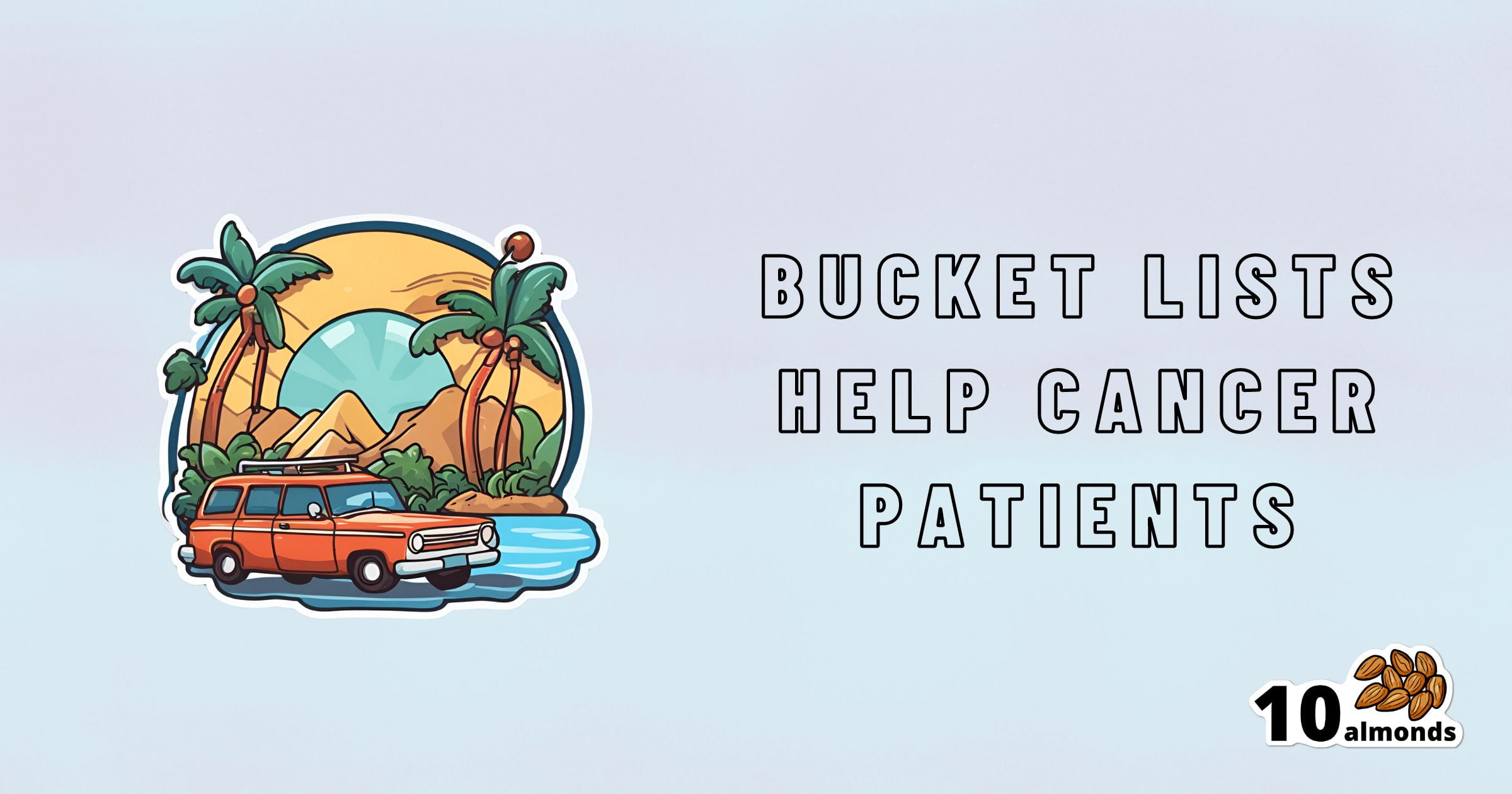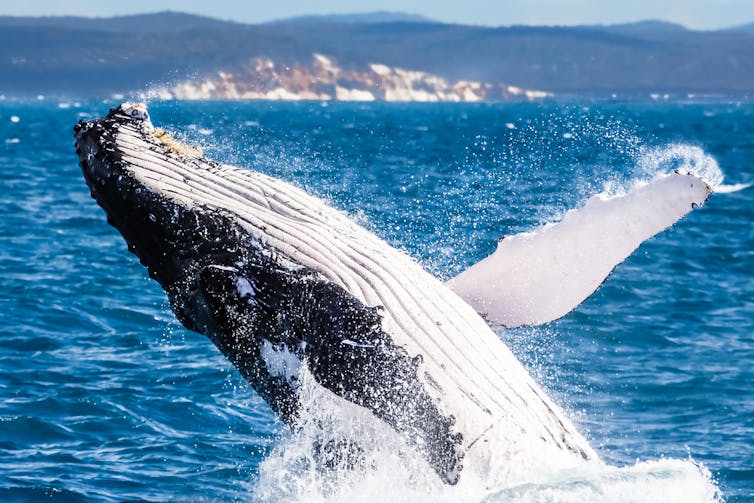Paris in spring, Bali in winter. How ‘bucket lists’ help cancer patients handle life and death
Travel and bucket lists define life’s final chapter for many with cancer, embodying hope, control, and meaningful experiences beyond illness.

In the 2007 film The Bucket List Jack Nicholson and Morgan Freeman play two main characters who respond to their terminal cancer diagnoses by rejecting experimental treatment. Instead, they go on a range of energetic, overseas escapades.
Since then, the term “bucket list” – a list of experiences or achievements to complete before you “kick the bucket” or die – has become common.
You can read articles listing the seven cities you must visit before you die or the 100 Australian bucket-list travel experiences. https://www.youtube.com/embed/UvdTpywTmQg?wmode=transparent&start=0
But there is a more serious side to the idea behind bucket lists. One of the key forms of suffering at the end of life is regret for things left unsaid or undone. So bucket lists can serve as a form of insurance against this potential regret.
The bucket-list search for adventure, memories and meaning takes on a life of its own with a diagnosis of life-limiting illness.
In a study published this week, we spoke to 54 people living with cancer, and 28 of their friends and family. For many, a key bucket list item was travel.
Why is travel so important?
There are lots of reasons why travel plays such a central role in our ideas about a “life well-lived”. Travel is often linked to important life transitions: the youthful gap year, the journey to self-discovery in the 2010 film Eat Pray Love, or the popular figure of the “grey nomad”.
The significance of travel is not merely in the destination, nor even in the journey. For many people, planning the travel is just as important. A cancer diagnosis affects people’s sense of control over their future, throwing into question their ability to write their own life story or plan their travel dreams.
Mark, the recently retired husband of a woman with cancer, told us about their stalled travel plans:
We’re just in that part of our lives where we were going to jump in the caravan and do the big trip and all this sort of thing, and now [our plans are] on blocks in the shed.
For others, a cancer diagnosis brought an urgent need to “tick things off” their bucket list. Asha, a woman living with breast cancer, told us she’d always been driven to “get things done” but the cancer diagnosis made this worse:
So, I had to do all the travel, I had to empty my bucket list now, which has kind of driven my partner round the bend.
People’s travel dreams ranged from whale watching in Queensland to seeing polar bears in the Arctic, and from driving a caravan across the Nullarbor Plain to skiing in Switzerland.

Nadia, who was 38 years old when we spoke to her, said travelling with her family had made important memories and given her a sense of vitality, despite her health struggles. She told us how being diagnosed with cancer had given her the chance to live her life at a younger age, rather than waiting for retirement:
In the last three years, I think I’ve lived more than a lot of 80-year-olds.
But travel is expensive
Of course, travel is expensive. It’s not by chance Nicholson’s character in The Bucket List is a billionaire.
Some people we spoke to had emptied their savings, assuming they would no longer need to provide for aged care or retirement. Others had used insurance payouts or charity to make their bucket-list dreams come true.
But not everyone can do this. Jim, a 60-year-old whose wife had been diagnosed with cancer, told us:
We’ve actually bought a new car and [been] talking about getting a new caravan […] But I’ve got to work. It’d be nice if there was a little money tree out the back but never mind.
Not everyone’s bucket list items were expensive. Some chose to spend more time with loved ones, take up a new hobby or get a pet.
Our study showed making plans to tick items off a list can give people a sense of self-determination and hope for the future. It was a way of exerting control in the face of an illness that can leave people feeling powerless. Asha said:
This disease is not going to control me. I am not going to sit still and do nothing. I want to go travel.
Something we ‘ought’ to do?
Bucket lists are also a symptom of a broader culture that emphasises conspicuous consumption and productivity, even into the end of life.
Indeed, people told us travelling could be exhausting, expensive and stressful, especially when they’re also living with the symptoms and side effects of treatment. Nevertheless, they felt travel was something they “ought” to do.
Travel can be deeply meaningful, as our study found. But a life well-lived need not be extravagant or adventurous. Finding what is meaningful is a deeply personal journey.
Names of study participants mentioned in this article are pseudonyms.
Leah Williams Veazey, ARC DECRA Research Fellow, University of Sydney; Alex Broom, Professor of Sociology & Director, Sydney Centre for Healthy Societies, University of Sydney, and Katherine Kenny, ARC DECRA Senior Research Fellow, University of Sydney
This article is republished from The Conversation under a Creative Commons license. Read the original article.
Share This Post
Learn To Grow
Sign up for weekly gardening tips, product reviews and discounts.




